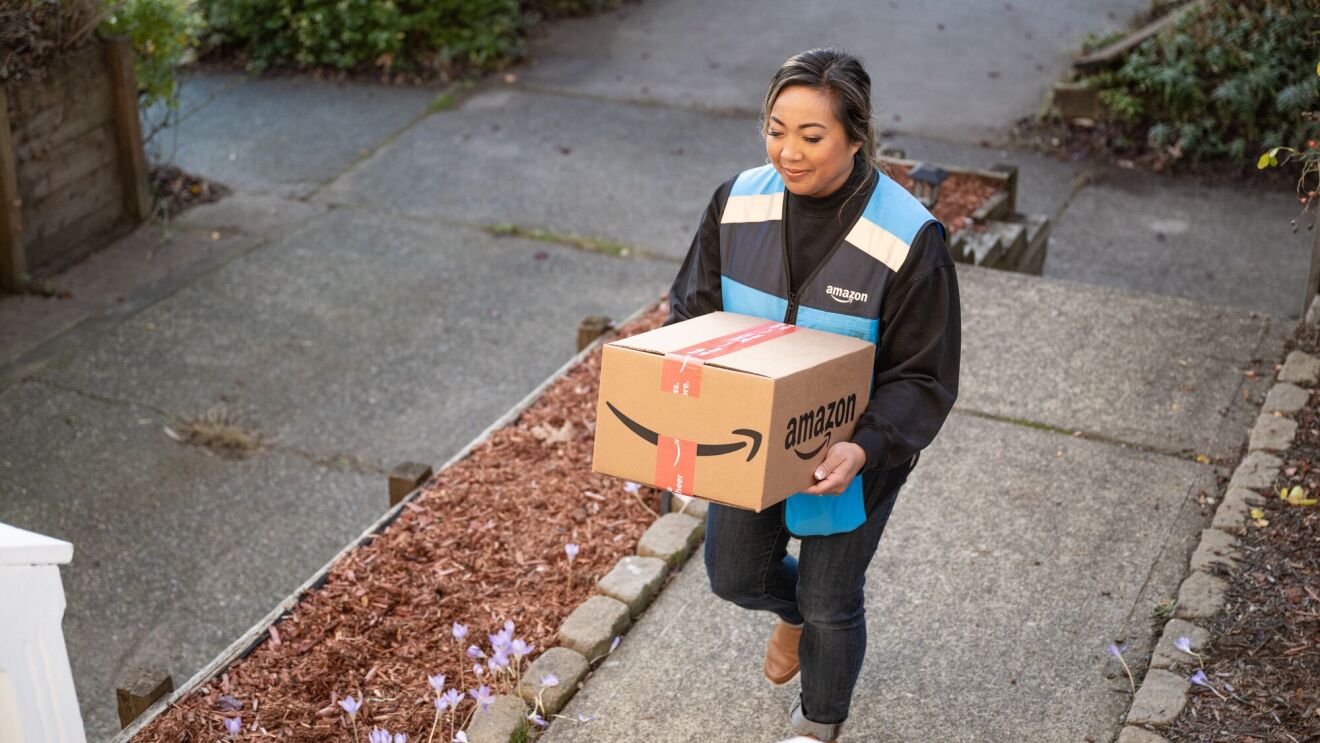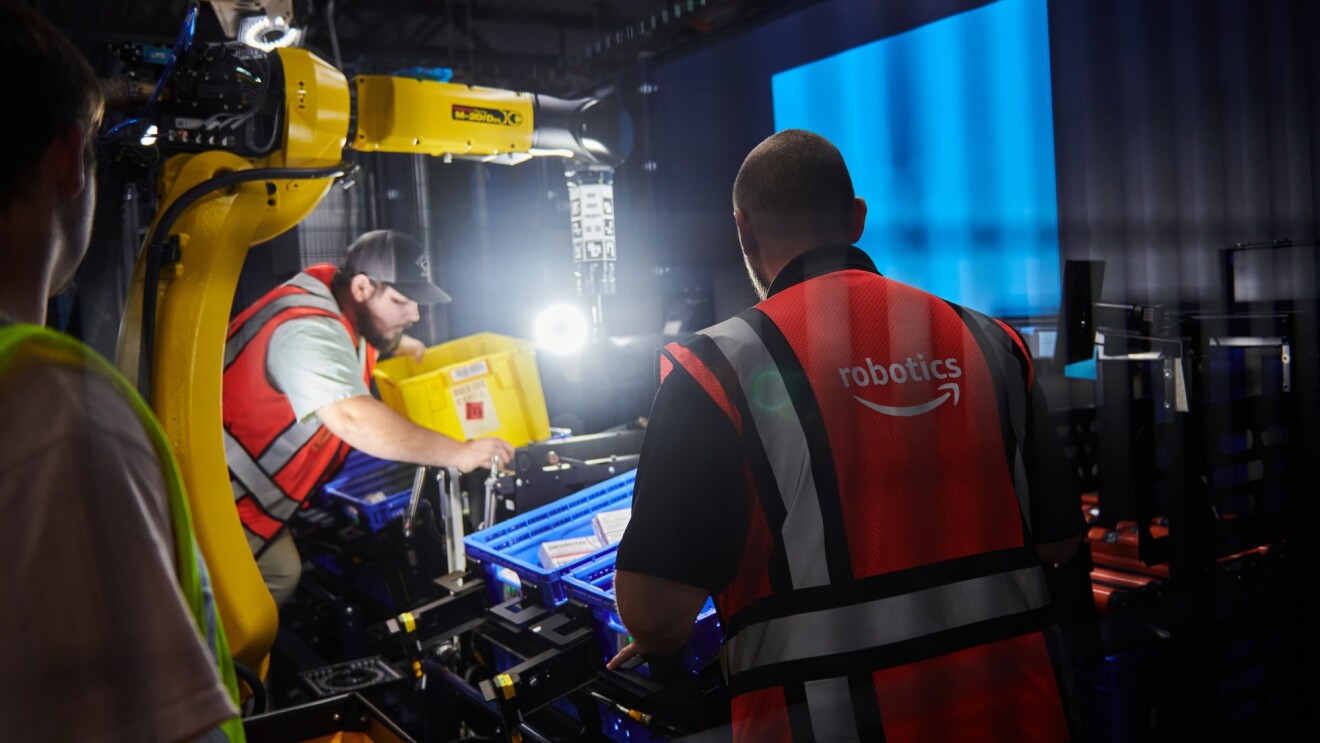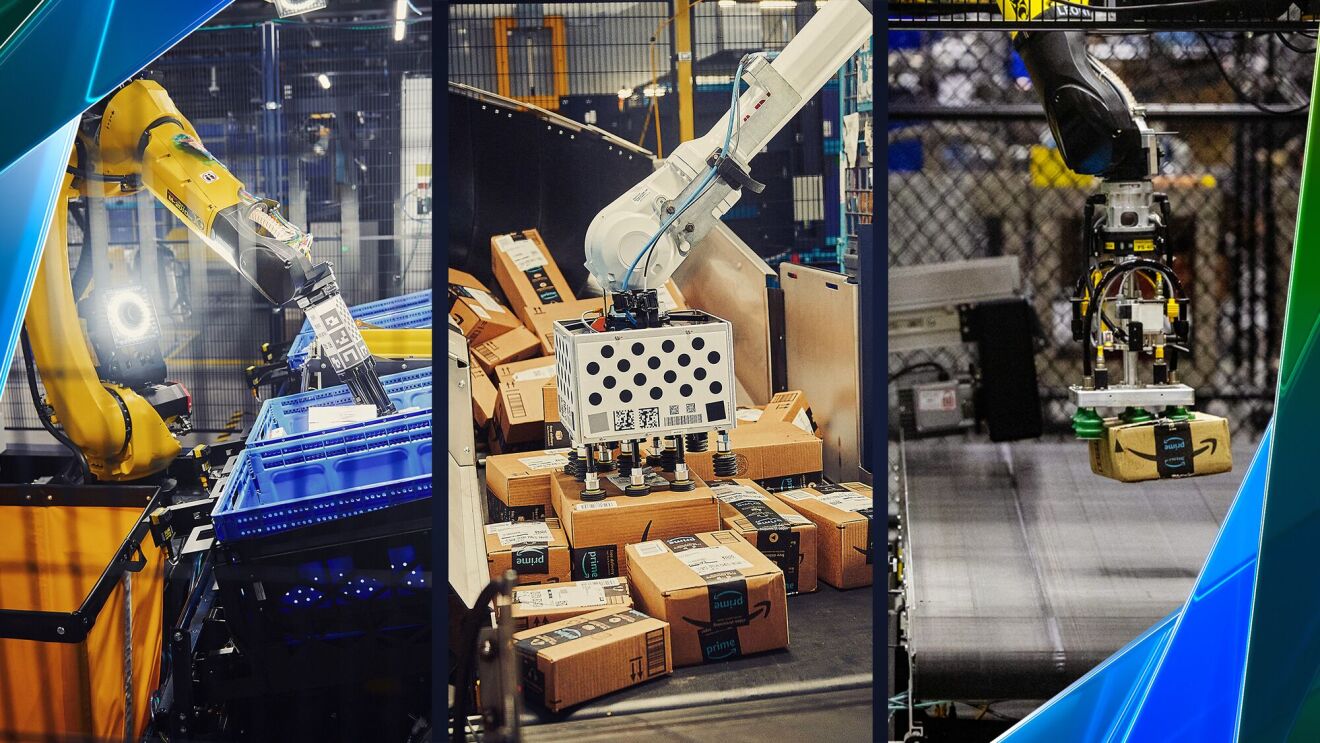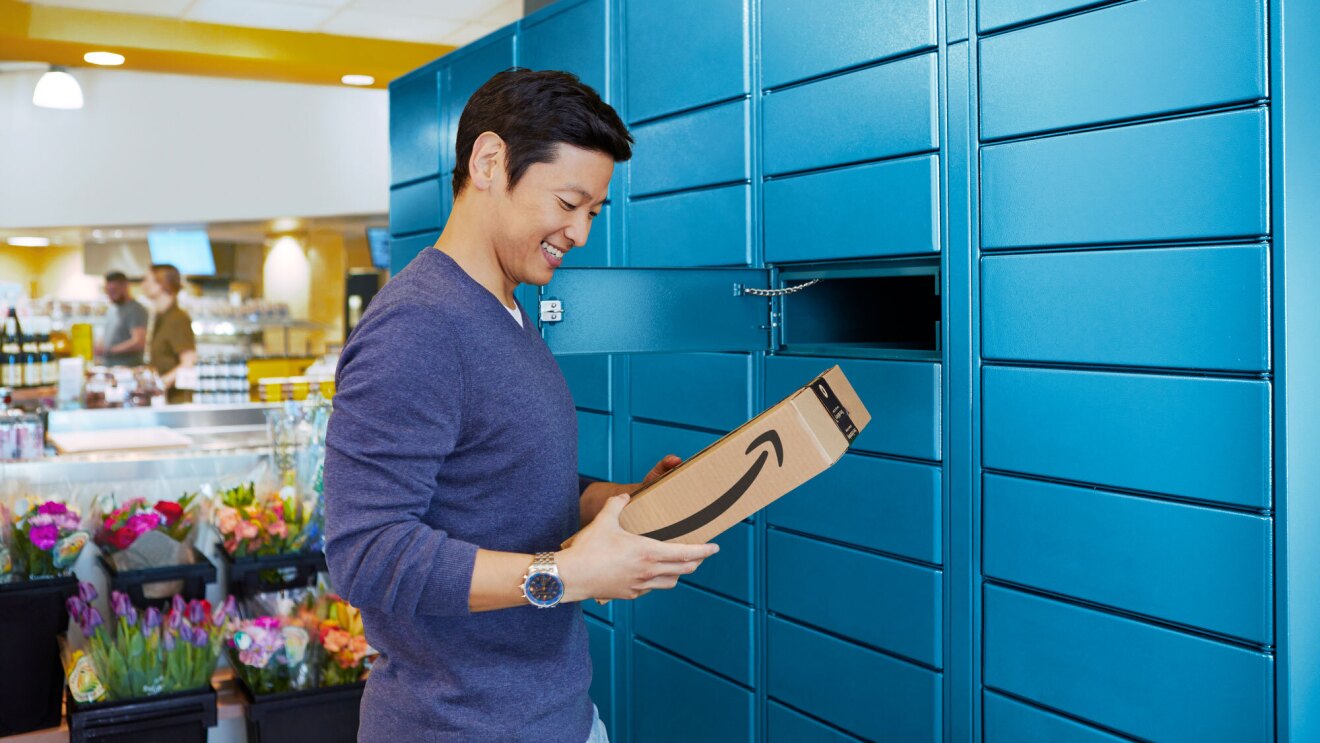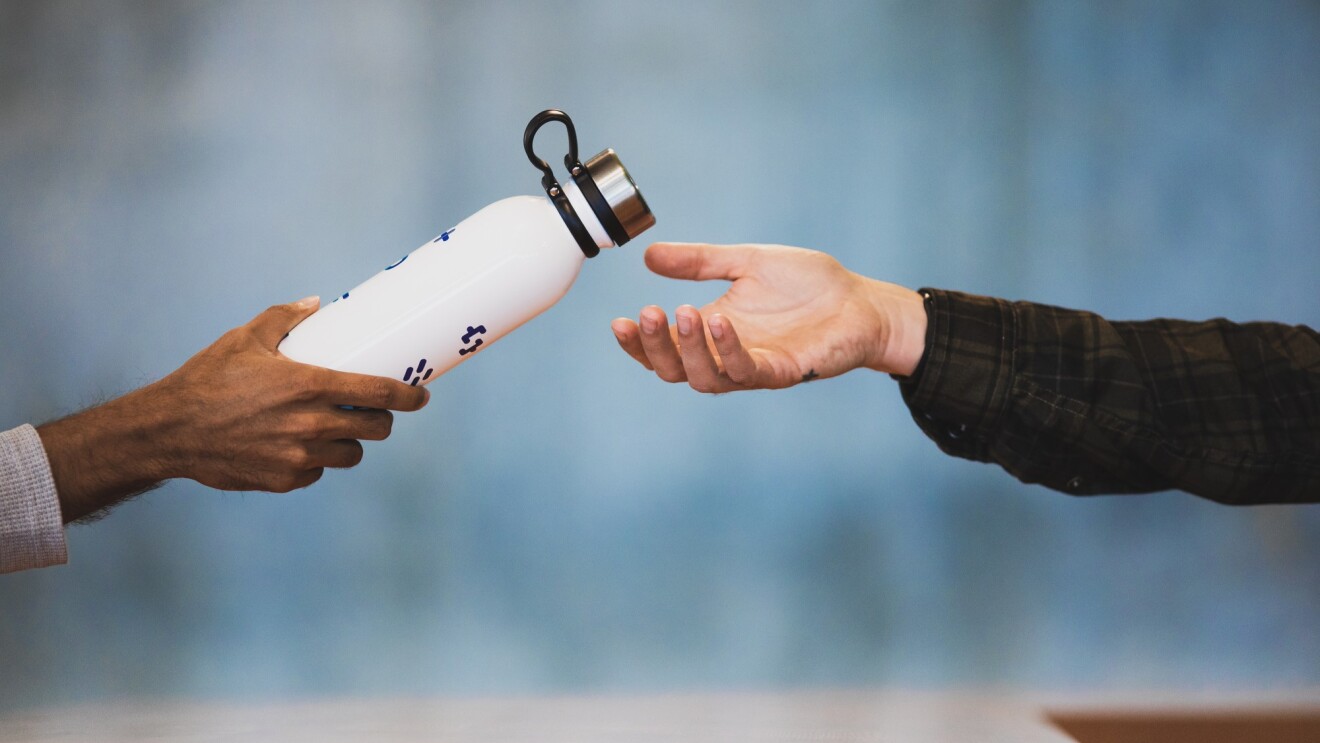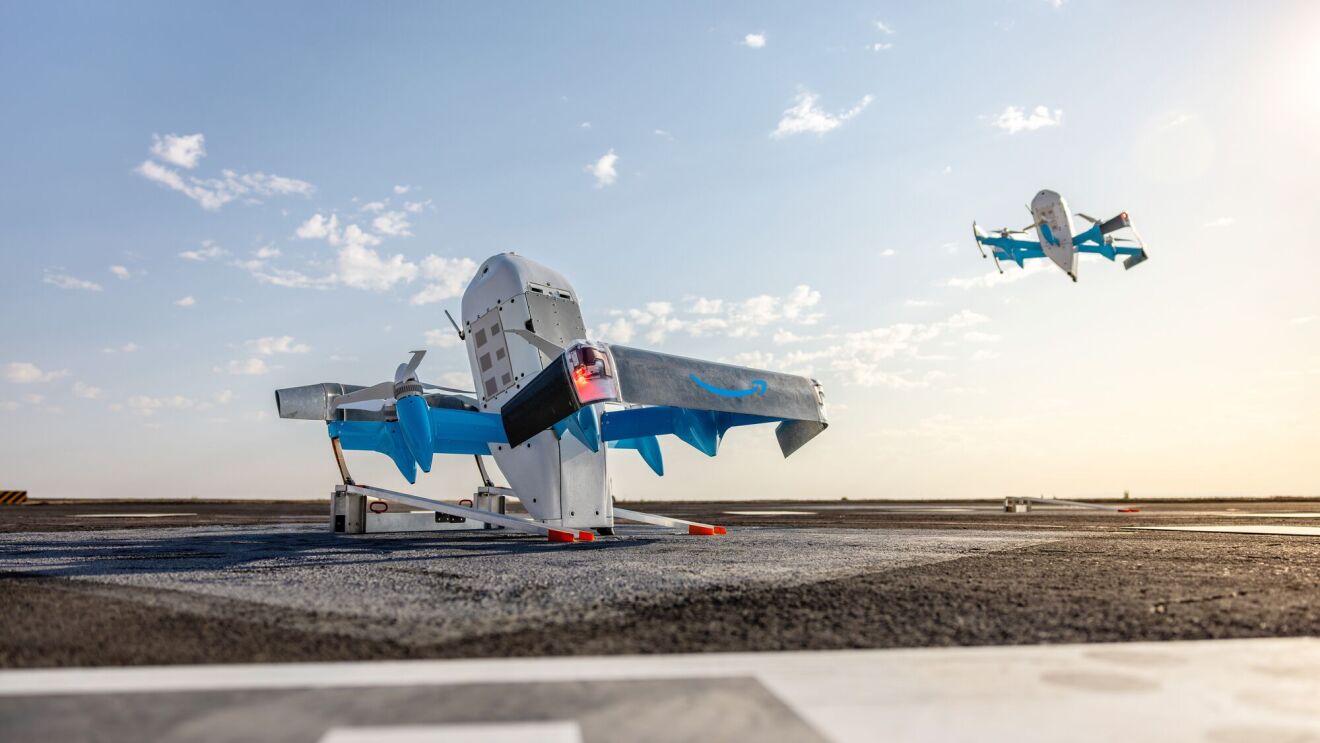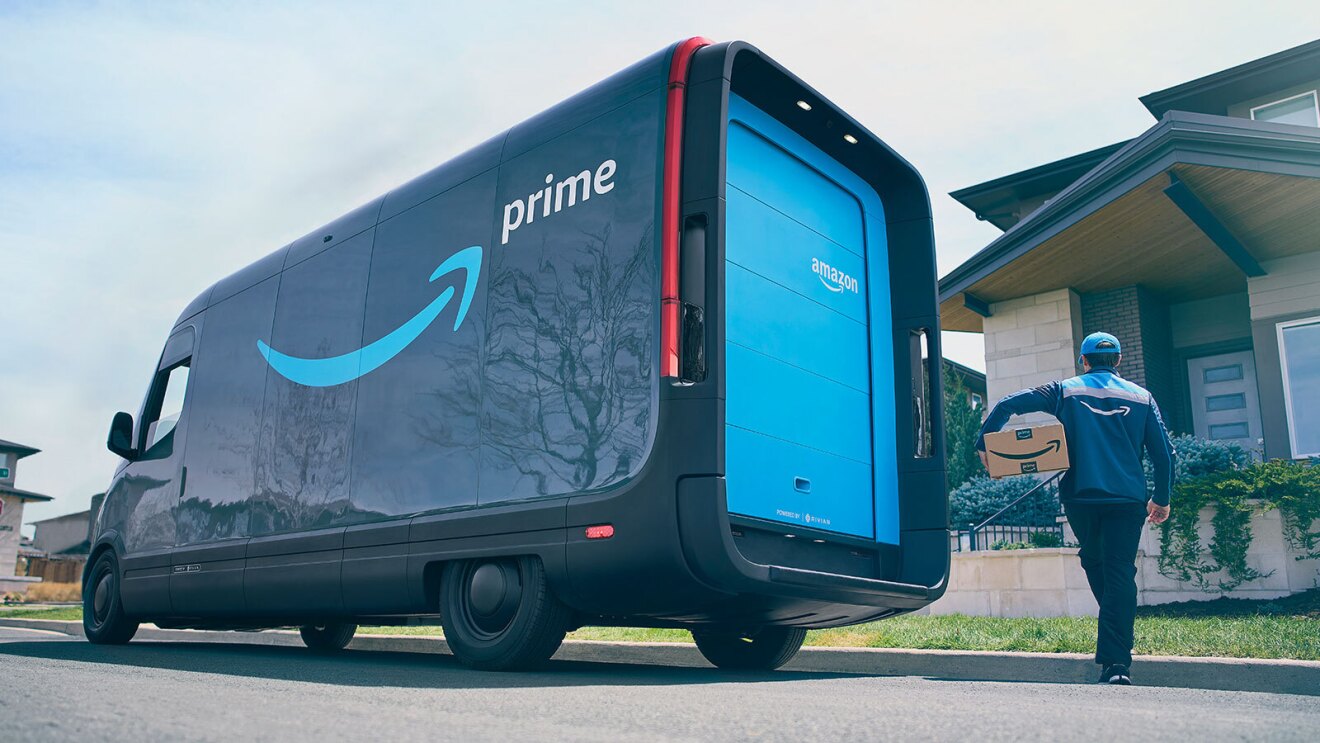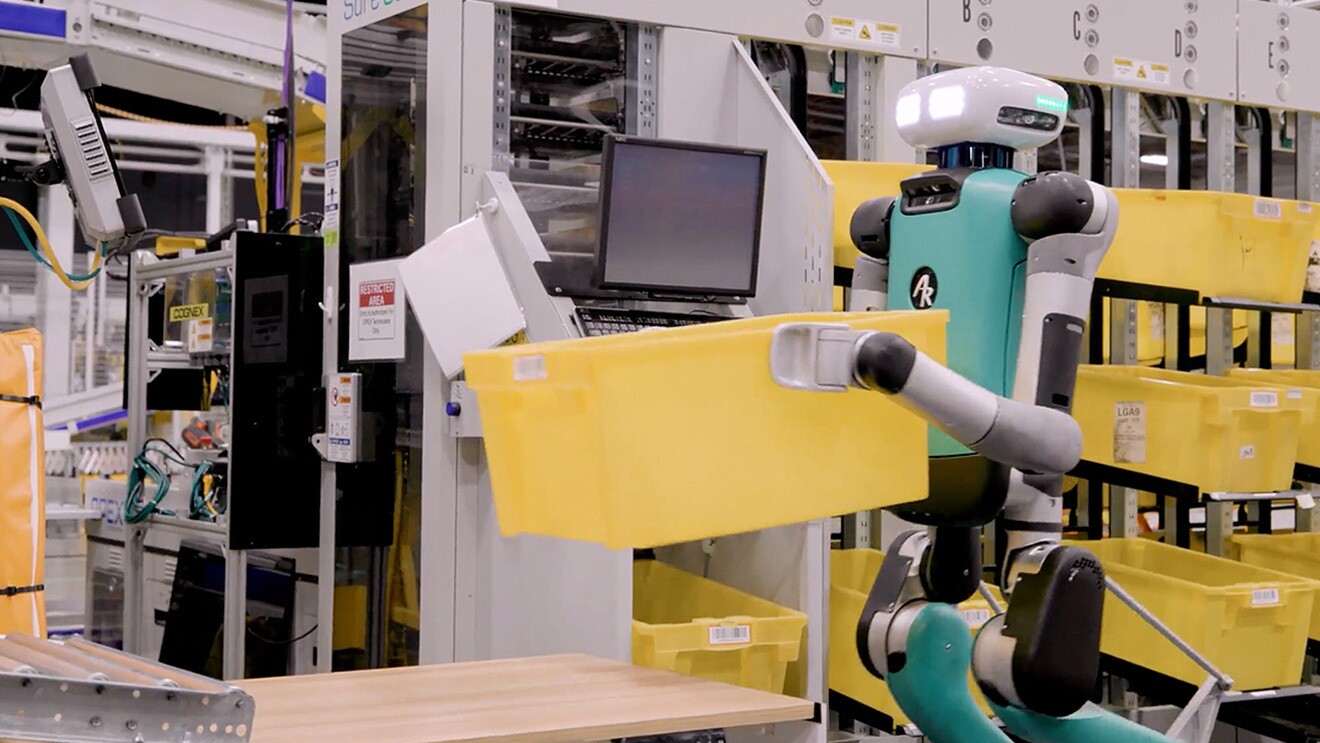Detroit is positioned for success after being plagued for years by job loss, and the 2013 bankruptcy filing. I grew up in Michigan, and spent many years in the automotive industry, and my heart, members of my extended family, and friends are still there. I have seen the city make a comeback in recent years—but recovery is being threatened by unemployment, which this spring reached levels in the state not seen since 1976, driven by the impact of COVID-19.
So when Amazon announced that we were hiring 100,000 new roles, I hopped on a plane from Seattle to Michigan to help recruit. This was personal. There is nothing that a Human Resources (HR) professional likes better than to be able to announce 3,000 new, full- and part-time regular—not temporary—jobs in their home state, at one of the most innovative companies in the world, and to be confident about the ability of those jobs to be a positive force in people’s lives.
These are good jobs, with starting wages of at least $15 per hour, many with full benefits from the first day, 401(k) eligibility, and opportunity for career advancement. There are a variety of roles, from picking, packing, and shipping customer orders, to working as a training ambassador or even operating machinery, to name a few. A lot of people who come to Amazon and work in a Fulfillment Center are coming from another industry. Some are working in desk jobs and want to do something more active. Others are looking for a good-paying job with flexibility due to family or other activities they want time for. I know a lot of people are out of work, and these jobs at Amazon provide a path to a better life.
There are challenges, as we’re still in the middle of a pandemic. There is heightened awareness about safety at work. My dad was a regional director for the Occupational Safety and Health Administration (OSHA), so I learned about the importance of safety from an early age. My job as VP of Human Resources for global customer fulfillment is to work closely with business leaders, my HR teams, and my co-workers in Workplace Health and Safety to make sure our people have a work environment that is safe, supportive, feedback-rich, engaging, respectful, inclusive, and rewarding. We want to help our employees succeed—while at Amazon and outside of Amazon.
When COVID-19 hit, I had just joined Amazon. We were in the middle of the growing pandemic. I was exposed to the mindset of the senior leaders right away, who were laser-focused on implementing safety procedures and protocols, regardless of the cost, to keep people safe while picking, packing, shipping, and delivering products to customers. I visited two of our fulfillment centers last week and did a deep dive to understand daily life at our sites in Romulus (DTW1) and Livonia (DET1). I am so proud of what we have and continue to do for our workforce.
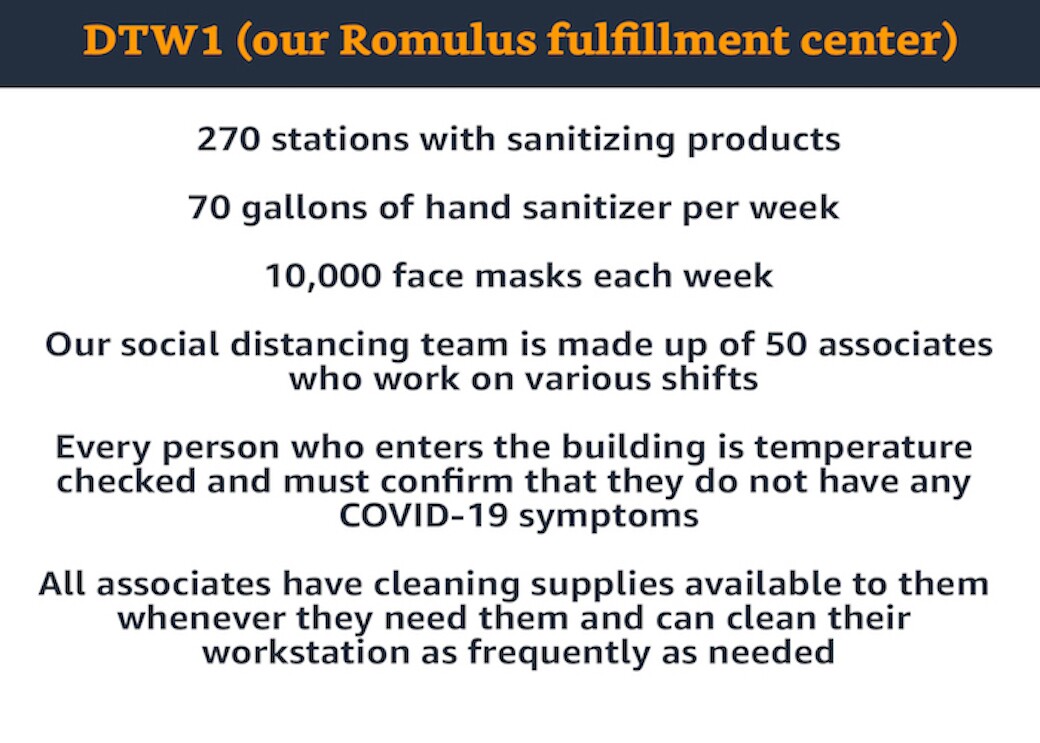
During COVID-19, we have had to work hard to find solutions for our Fulfillment Centers that would allow people to maintain physical distance between workstations, re-route traffic flows, outfit our entry aisle with plexiglass shields, dispensing masks, changing the way people clock in and out, and making sure we had a way to constantly remind people about the importance of changing old habits and following the new guidelines. We designed innovative ways to make sure two-way communication between employees and managers was constant, by outfitting managers with headsets that amplified their voices to break through the background noise, even with masks on. We adjusted our A to Z app for employees to communicate even more frequently with real-time updates and daily survey questions.
We used 'old school' but effective tools like white boards for capturing comments and posters that were positioned around each site. We created Plexiglas pods that allowed associates to have private conversations with HR by speaking closer than six feet. We made decisions to reduce shifts, and made sure people had plenty of time for breaks and the ability to stay in touch with loved ones by amending our cell phone policies, and to take time off—paid and unpaid, to accommodate a variety of situations that arose from COVID-19.
One of the most fulfilling parts of my job is seeing progress. When I visited our fulfillment centers in Livonia and Romulus, I saw the measures Amazon had taken early on to battle COVID-19.
I walked through the doors and was immediately offered a mask. I had my own, so I continued through the thermal temperature check and received a thumbs up. There were hand-sanitizing stations everywhere, making it easy for anyone to access while walking past. We were reminded constantly by safety ambassadors to keep six feet apart. The giant screens showed us walking by, with red/yellow/green circles around us denoting whether or not we were maintaining a safe distance apart. This “Distance Assistant” technology is something we developed, and are now sharing with other companies.
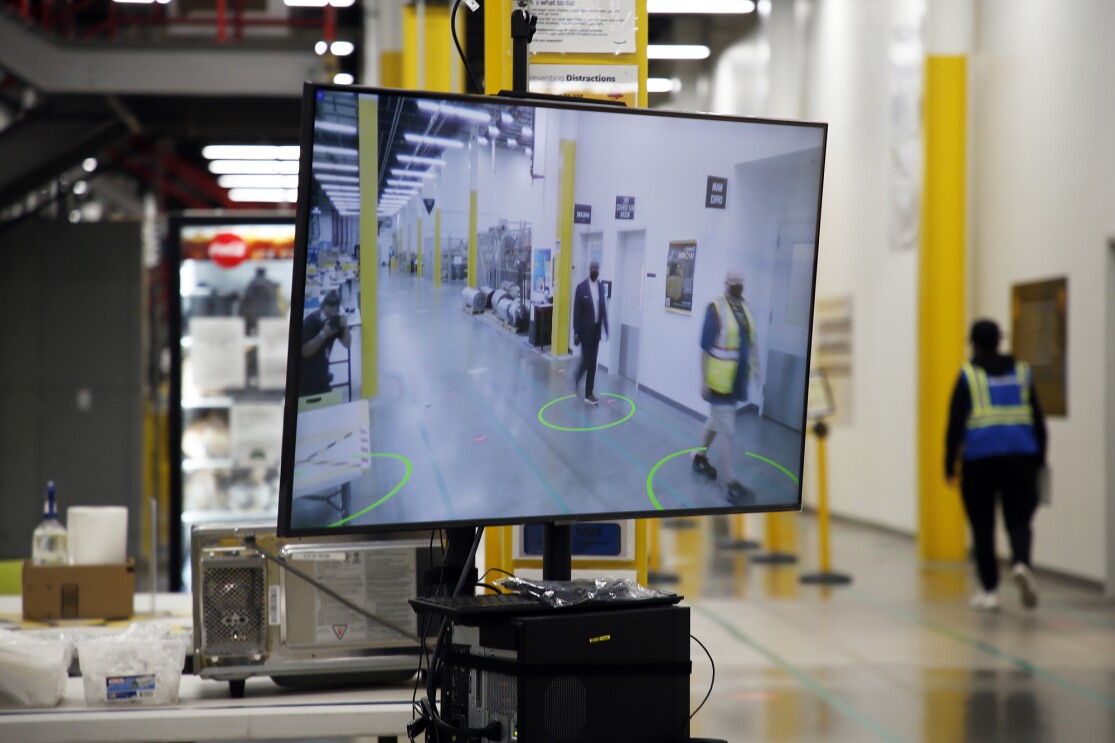 View on the screen of an Amazon Distance Assistant.
View on the screen of an Amazon Distance Assistant.There was signage everywhere, explaining social distancing, signage about where to go and what to do if you feel sick, how to stay safe in your community, and new benefits policies. At DET1, there is a pilot testing setup for COVID-19 so associates can voluntarily test as often as they want to, to have peace of mind.
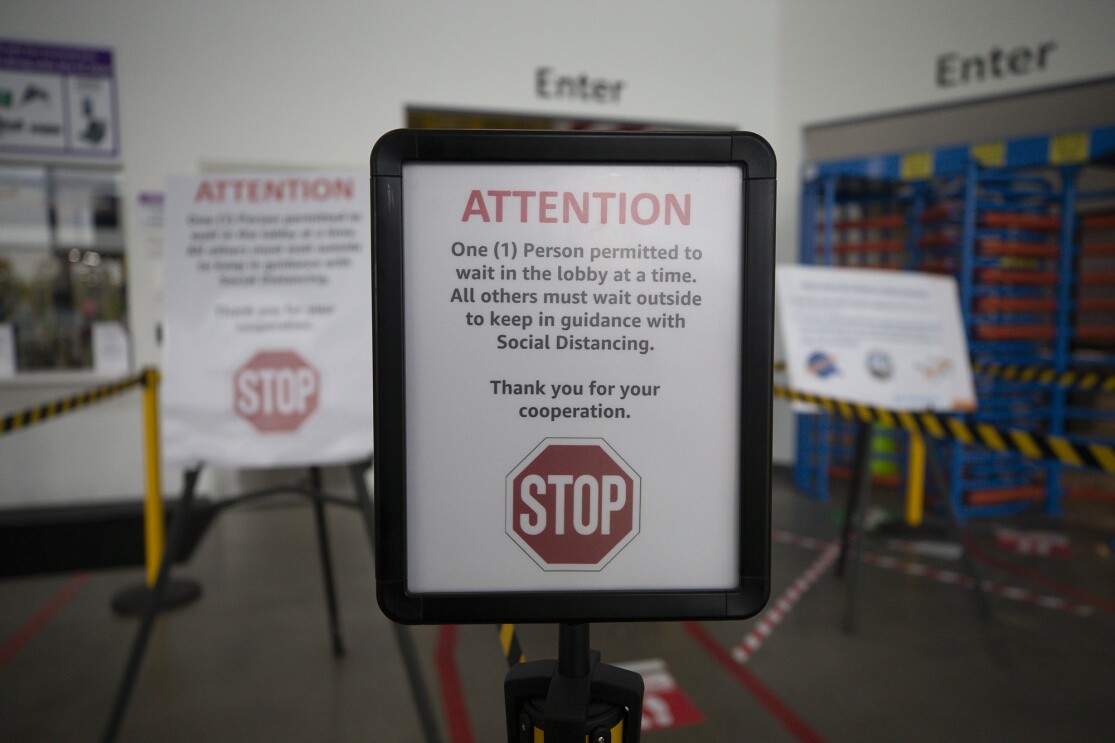 Signage inside the fulfillment center login, encouraging social distancing.
Signage inside the fulfillment center login, encouraging social distancing. Prioritizing people
It's our amazing and intriguing people who make my role the most satisfying. I get to meet and talk with so many associates during my visits. They share personal stories, work histories, current contributions, and ideas to make us even better. Dilraj Singh at our site in Livonia, who has a degree in finance from Wayne State University in Detroit, and came to Amazon originally as a seasonal worker because he wanted to try something different. He is now a full-time employee and a training ambassador.
It's our amazing and intriguing people who make my role the most satisfying. I get to meet and talk with so many associates during my visits. They share personal stories, work histories, current contributions, and ideas to make us even better. Dilraj Singh at our site in Livonia, who has a degree in finance from Wayne State University in Detroit, and came to Amazon originally as a seasonal worker because he wanted to try something different. He is now a full-time employee and a training ambassador.
I spoke with Gregory Moore, who showed me all the ways we’ve changed during the pandemic, to adapt to new protocols. He assured me that he feels safer coming to work at Amazon than he does out in the community where people are more relaxed about the rules.
It makes me feel good to know people like Gregory, Dilraj, and our fulfillment center teams are safe on the job. In fact, I feel fortunate and proud to be a part of a company that's prioritizing the health and safety of its million-strong workforce, and creating new jobs. Michigan's success, it's personal.
01 / 05
Trending news and stories







